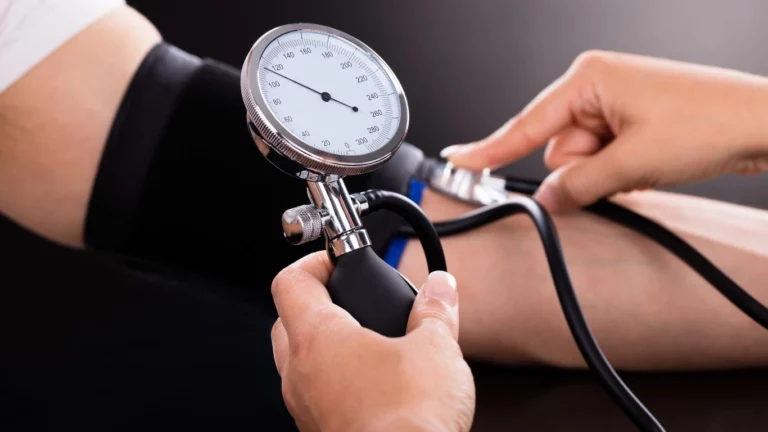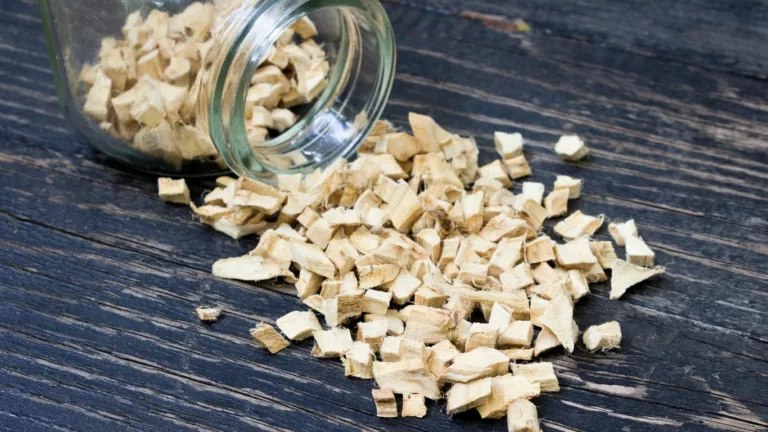Tips to Reduce Acid Reflux: Simple Strategies for Relief
Struggling with acid reflux? You’re not alone. Acid reflux, also known as heartburn or GERD, affects millions of people worldwide. But don’t worry! With a few simple tweaks to your routine, you can reduce the discomfort and enjoy life without the constant burn.
Acid reflux is one of those annoying conditions that just doesn’t seem to go away—burning sensation in the chest, sour taste in your mouth, bloating, and discomfort after meals. It can make you think twice before enjoying your favorite foods. But here’s the good news: there are plenty of ways to keep acid reflux in check and improve your quality of life. So, grab a comfy seat and let’s dive into some super helpful, everyday tips that can help reduce acid reflux. I’ll share what worked for me and a few simple habits that could make a world of difference!

Understanding Acid Reflux and What Triggers It
Before we get into the tips, let’s break down what acid reflux really is. Basically, it’s when stomach acid or bile backs up into your esophagus. The lining of your stomach can handle this acid, but the lining of your esophagus? Not so much! This causes the painful burning sensation and can lead to discomfort after eating.
What triggers it? Well, there are a few common culprits, including:
- Spicy foods – Those fiery wings might feel great in the moment, but they can trigger acid reflux.
- Fried foods – A lot of us love a good burger or fries, but they can wreak havoc on your digestive system.
- Citrus – Oranges, lemons, and other citrus fruits can irritate your esophagus.
- Chocolate – Unfortunately, your favorite sweet treat can contribute to acid reflux too.
- Tomato-based products – Things like pasta sauce and ketchup can be highly acidic and lead to discomfort.
Now that we know what triggers the issue, let’s talk about how we can manage it better!

1. Eat Smaller, More Frequent Meals
If you’re someone who loves to load up on large meals, this one might be a bit of a change for you, but trust me, it’s worth it! Instead of three big meals a day, try eating smaller meals more frequently. Eating a large meal can overwhelm your digestive system and make acid reflux symptoms worse. Aim for 4-6 smaller meals a day. It’ll keep your stomach from getting too full and prevent that uncomfortable acid backup.
2. Avoid Eating Late at Night
Late-night snacks and late dinners? Big no-no for acid reflux. When you eat too late, your stomach produces acid to help with digestion. But if you lie down right after, that acid can easily make its way back into your esophagus, causing reflux. Try to eat at least 3 hours before you plan to go to bed. This gives your body enough time to digest the food before you hit the pillow.
3. Be Mindful of Your Drink Choices
What we drink plays a huge role in reflux symptoms. Be mindful of the following drinks:
- Caffeine – Coffee, tea, and energy drinks can relax the lower esophageal sphincter, which makes it easier for acid to escape. Swap your regular coffee for herbal teas, like chamomile or ginger tea.
- Alcohol – This is another reflux trigger. Alcohol relaxes that same lower esophageal sphincter, which can lead to reflux. If you enjoy wine or beer, try to keep it in moderation.
- Carbonated Drinks – Those bubbly sodas might taste refreshing, but the carbonation can increase the pressure in your stomach and push acid upwards.
Instead, opt for water, non-citrus fruit juices, and herbal teas. They’re soothing for your stomach and won’t cause that acid backup!

4. Elevate Your Head While Sleeping
If reflux happens mostly at night, elevating your head could be a game-changer. Try using an extra pillow or elevating the head of your bed by a few inches. This helps gravity keep your stomach acid where it belongs—down in your stomach—while you sleep.
5. Try to Lose Some Weight (If Needed)
Excess weight can put added pressure on your stomach and contribute to acid reflux. If you’ve been carrying a few extra pounds, losing weight could help alleviate the symptoms. A healthy, balanced diet paired with regular exercise can go a long way in managing acid reflux. But always consult with a doctor before starting any new weight loss plans, especially if you have other health concerns.
6. Avoid Tight Clothing
This one might sound like a no-brainer, but trust me—tight clothes can contribute to acid reflux. Anything that puts pressure on your abdomen, like tight jeans or belts, can make acid reflux worse. Go for looser clothing, especially after meals. Your stomach will thank you!
7. Keep Stress in Check
Stress can be a big player in triggering acid reflux symptoms. When you’re stressed, your body produces more acid, and your stomach becomes more prone to reflux. Practice relaxation techniques such as meditation, deep breathing, or even yoga to help reduce stress. You’ll feel better overall and may find your reflux is more manageable.
8. Incorporate Natural Remedies
Some people find relief from acid reflux by using natural remedies. A teaspoon of apple cider vinegar in water before meals can help balance stomach acid. Similarly, ginger tea or a bit of aloe vera juice may soothe the digestive system. Just be sure to check with your doctor first, especially if you’re taking any medications.
9. Stop Smoking
If you smoke, this might be the hardest tip, but it’s one of the most effective for reducing acid reflux. Smoking weakens the lower esophageal sphincter, allowing acid to escape from your stomach and into your esophagus. Quitting smoking can help reduce acid reflux and benefit your overall health. If you’re finding it difficult, talk to your doctor about smoking cessation programs.
10. Medications: When to Consider Them
Sometimes lifestyle changes aren’t enough to manage acid reflux. In such cases, medications like antacids, H2 blockers, or proton pump inhibitors (PPIs) might be necessary to control the symptoms. Always talk to your healthcare provider before starting any medication to make sure it’s right for you.
Conclusion
Acid reflux doesn’t have to control your life. With these simple tips, you can manage the symptoms and make daily life a lot more comfortable. Whether it’s eating smaller meals, avoiding certain foods and drinks, or making lifestyle adjustments, there’s a lot you can do to feel better. So, give these strategies a try and see how much relief they bring. You’ve got this!
Appendices
References
- American College of Gastroenterology. (2024). Tips for Managing GERD. Read Article
- Jones, S., & Thompson, P. (2023). Lifestyle Modifications for Acid Reflux Management. Journal of Gastrointestinal Health, 34(5), 45-50. Read Article
- National Institutes of Health (NIH). (2024). Acid Reflux and Heartburn Relief. NIH Digestive Health Report, 10(2), 80-85. Read Article
FAQs
- Can drinking water help with acid reflux? Yes! Drinking water can dilute stomach acid and help soothe the symptoms of acid reflux.
- Is it okay to eat citrus fruits with acid reflux? Citrus fruits are highly acidic and may irritate your esophagus. It’s best to avoid them if you experience frequent reflux.
- How long should I wait after eating before lying down? It’s best to wait at least 2-3 hours before lying down to allow your body to digest the food properly.
Disclaimer: The information in this article is intended for general educational purposes only and should not replace professional medical advice. Always consult your healthcare provider for personalized recommendations, especially if you have a history of severe acid reflux or other medical conditions.

Camellia Wulansari is a dedicated Medical Assistant at a local clinic and a passionate health writer at Healthusias.com. With years of hands-on experience in patient care and a deep interest in preventive medicine, she bridges the gap between clinical knowledge and accessible health information. Camellia specializes in writing about digestive health, chronic conditions like GERD and hypertension, respiratory issues, and autoimmune diseases, aiming to empower readers with practical, easy-to-understand insights. When she’s not assisting patients or writing, you’ll find her enjoying quiet mornings with coffee and a medical journal in hand—or jamming to her favorite metal band, Lamb of God.







